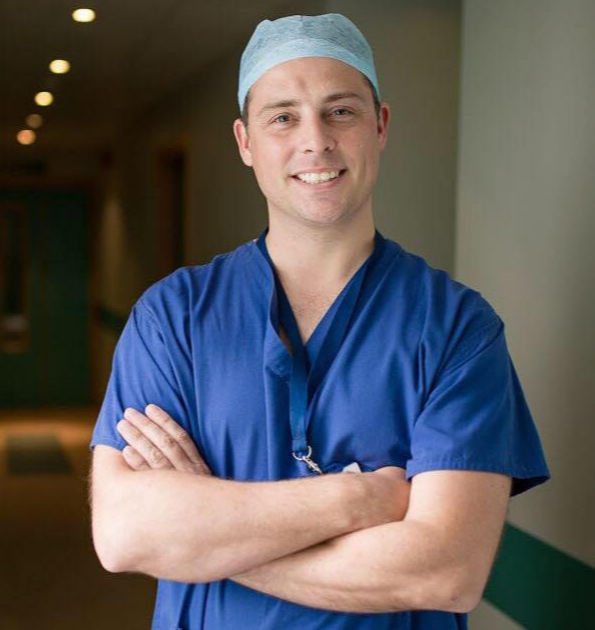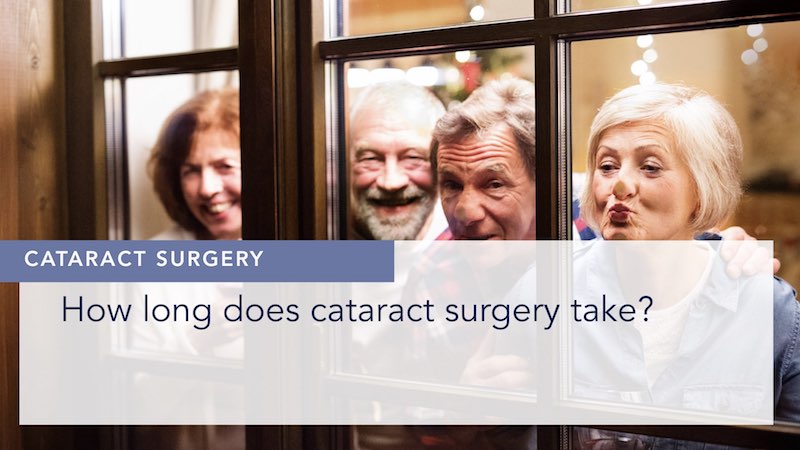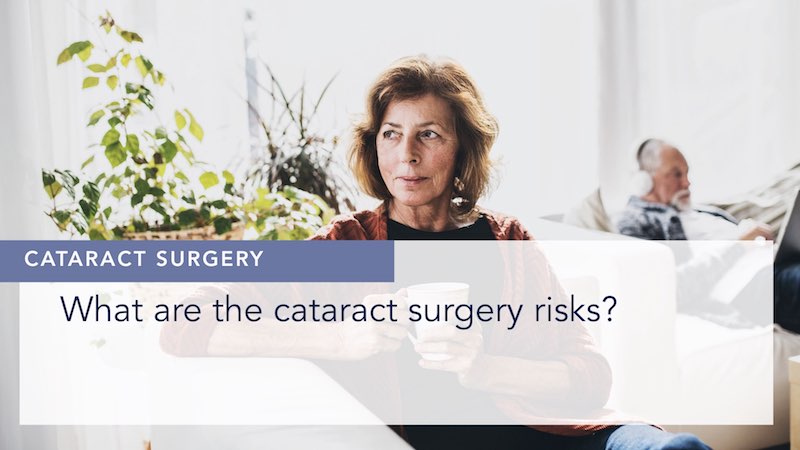Interview transcription:
In an interview, Alex Shortt explains cataracts and discusses cataract symptoms.
Interviewer: The first question is what are cataracts and what are their symptoms?
Alex Shortt: When we’re born, we have a natural lens in our eye and with time, that lens ages. And when we get to approximately age 55-65, it begins to lose transparency and becomes less clear. And as that process progresses, we start to notice blurring of vision, loss of clarity of vision, difficulty reading and also at night time we begin to see glare and halos.
And all of those are symptoms of cataract; this is where the lens is losing its transparency due to age.
Inside all of our eyes, we’ve got a natural lens which sits in here and you can see this one is crystal clear. But what happens with ageing and also some medical conditions, it loses its transparency, and you can see this lens here is misty. And the whole lens has lost its clarity and its ability to transmit light.
When you have a cataract, you’ve got this misty, foggy lens inside your eye, and that’s the reason why you get the deterioration of vision and the symptoms of cataract.
Interviewer: It happens to everyone?
Alex Shortt: Unfortunately yes, but everyone’s different in terms of the rate at which our body ages.
The lens is made up of protein, and all of our bodies age slightly differently. There are genetic and environmental factors depending on how we’ve lived our lives, how much stress our bodies have been under and also how much ultraviolet light we’ve been exposed to.
And UV light is very important in terms of the development of cataract, because UV light in our environment enters our eyes and is absorbed by this natural lens.
And if we’ve been exposed to lots and lots of UV light over our lifetimes, we’ll get cataracts at an earlier time.
Interviewer: Right that means people who don’t wear sunglasses or people who perhaps are at high elevations, or people say in areas of the world that just have more sunlight.
Alex Shortt: Yes, that’s absolutely right and there’s large population studies that have shown that this is the case.
If you’d like to know more about vision corrective surgery, book a free initial screening today and I will personally answer your questions. Alternatively, take our free suitability quiz to find out which treatment you are suitable for.

About the author
Mr Alex J. Shortt | Consultant Ophthalmic Surgeon
MB BCh MSc PhD FRCOphth PGDipCatRef
I’m Alex Shortt, a highly trained academic researcher and Consultant Ophthalmic Surgeon based in London’s famous Harley Street medical district. I trained and worked as a consultant for 14 years at London’s Moorfields Eye Hospital. I specialise in advanced technologies for correcting vision, including cataract surgery, implantable contact lenses and laser vision correction.






